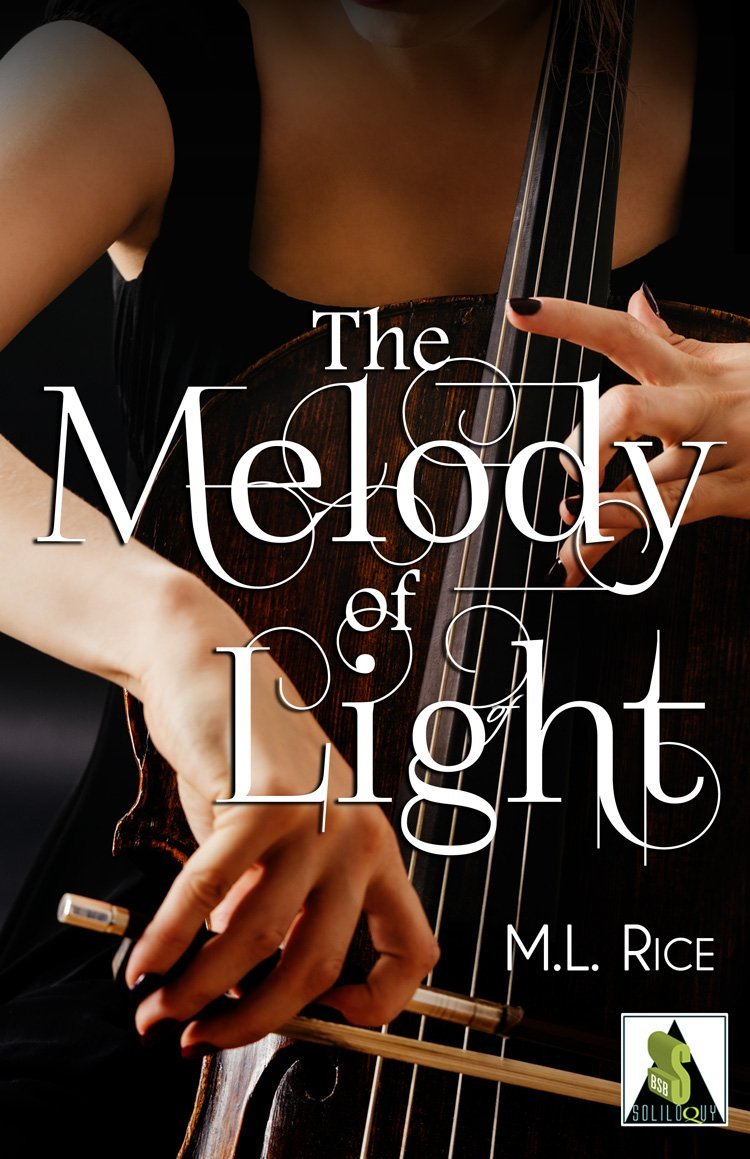Never Too Late is the first book from Bold Strokes Books author Julie Blair.
After they attend a Melissa Etheridge concert together, a one-night stand in Atlanta between Jamie Hammond and a woman named Carly leaves both women profoundly affected. However, Jamie wakes up the next morning to find her companion gone with only a note of thanks. She returns to California to join her father’s business and become a full-fledged chiropractor, a fate she somewhat unwillingly embraces.
Twenty years later, Jamie’s business is in financial trouble because of an employee’s embezzlement and its consequences. She needs a new office manager, and Carly (now Carla Grant, soon-to-be divorced mother of one) walks through her door. Carla and Jamie recognize each other immediately, but each pretend not to, since this is a romance novel. Jamie has a closeted partner, Sheryl, who turns out to be the principal who tried to prevent Carla’s lesbian daughter from holding hands with her girlfriend at school. Jamie decides not to tell Carla or Sheryl about the other’s existence.
Carla fell in love with Jamie all those years ago in Atlanta, but chose duty and responsibility over self-discovery–she was pregnant when they had their one-night stand, and returned to marry her boyfriend. Now, her husband has discovered he’s also gay, and they’re separating amicably. Carla has the opportunity to start life over again as an out and proud lesbian, and she’s suddenly been confronted by the woman who made her realize what love could be. Carla and Jamie must negotiate their work and personal relationship through the difficulties presented by Jamie’s money troubles, her villainous partner, and her workaholism. Is it too late for them to have a second chance?
Never Too Late felt unbalanced as a romance: the focus was so much on Jamie and her problems that it sacrificed some intimacy between her and Carla in favor of exploring her character growth. Which is fine, unless you were expecting a romance that gave equal weight to each main character; the obstacles in the book were almost all created by Jamie. The obstacle of Jamie’s preexisting relationship was handled through the vilification of Sheryl, who [spoiler alert]:
- is closeted
- is obsessed with her potential work promotion
- shops all the time and spends Jamie’s money
- is unsympathetic
- wears perfume Jamie hates
- is totally cheating on Jamie WITH A MAN (*gasp* how could she!)
Sheryl is almost cartoonishly terrible, but Jamie doggedly stays with her anyway, far past the point where any reader would want her to. Despite these flaws, I was rooting for Carla and Jamie to cut through the tangled mess of Jamie’s life and get together. There are the seeds of a solid romance here, they just needed to be fertilized properly. There’s a lot of plot and a lot of characters to manage, and the romance ended up getting lost in the shuffle. Fans of Melissa Etheridge will enjoy frequent references to her work. For another tale of casual-to-serious lovers, try All the Wrong Places by Karin Kallmaker.



